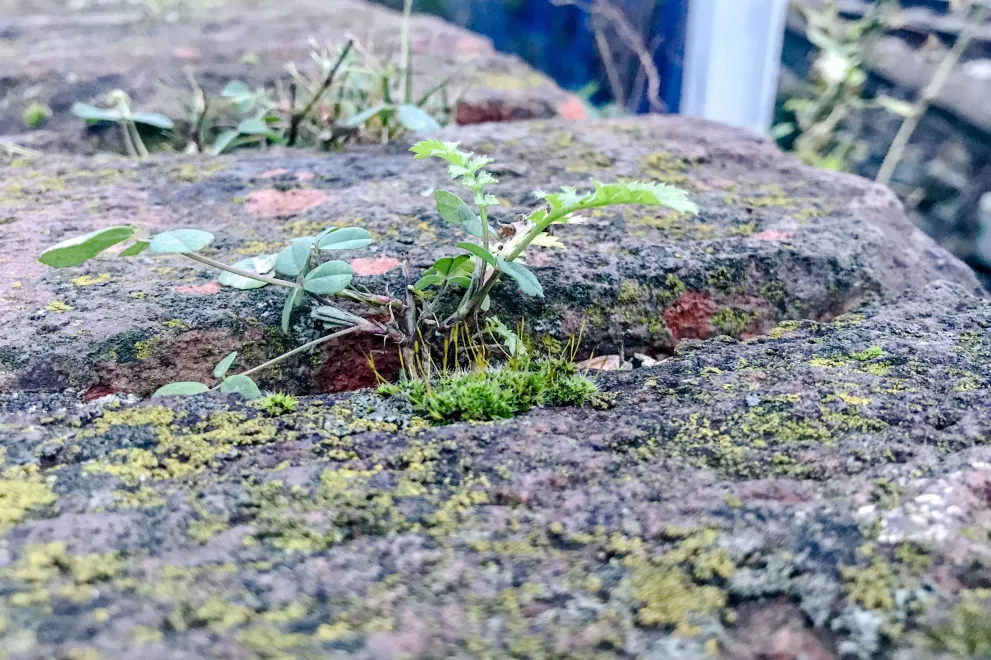Ute Krämer was appointed to the Ruhr University’s Department of Plant Physiology in 2009.

ERC Advanced Grant 2018
How Plants Adapt
Some plants are able to thrive even on heavy-metal polluted soil. In her project LEAP-EXTREME Ute Krämer analyzes how that works.
Desert, toxic rocks, or soil with a high salt content: plants that have evolved to adapt to the most adverse conditions are everywhere. The composition of soil varies from location to location – including places where the differences can barely be seen with the naked eye. Plants master the challenges of their environment quite unobtrusively, for the most part.
In her ERC Grant, Professor Ute Krämer analyzes which natural genetic mutation enable plants to survive in extreme locations.
Rockcress of the Arabidopsis halleri species is an example of outstanding evolutionary adaptability. Ute Krämer utilises it as model organism in her research.
The ERC Advanced Grant "Local Edaphic Adaptation in Plants through Leveraging an Extremophile Model" awarded to Ute Krämer amounts to 2.5 million euros. The project started in 2018.
